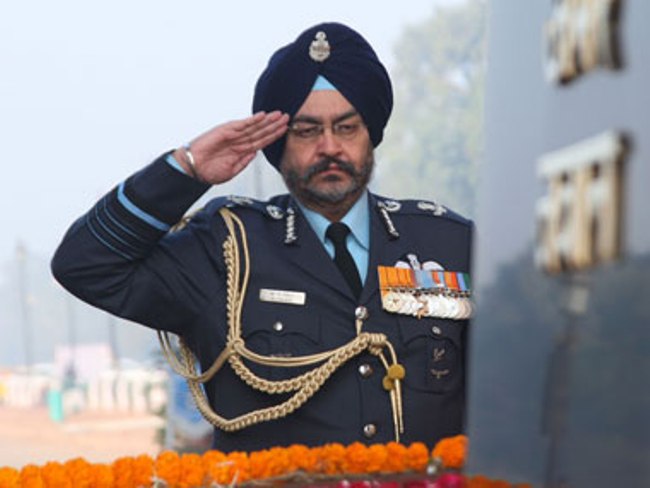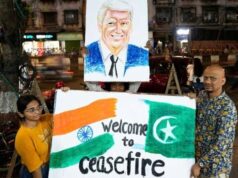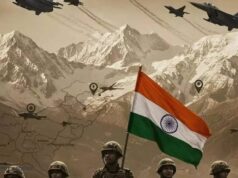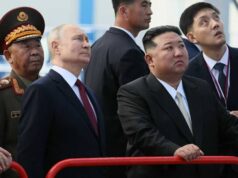The Selection Of Next Air Chief Of India

The Cabinet Committee on Security has zeroed in on names of four senior most air marshals of the Indian Air Force to select its next chief. Incumbent IAF Chief B.S. Dhanoa is completing his tenure in October and the selection process to pick his successor has reached at a crucial stage.
Traditionally, the government declares the name of succeeding chief two to three months prior to the superannuation of current chief. The idea is to give sufficient time to the new person to understand and coordinate with present chief for continuation of the work.
Names of air marshals Balkrishnan Suresh, Raghunath Nambiar, Harjit Singh Arora and Rajesh Kumar have been shortlisted to head the world’s fourth largest air force. Soon, the ministry of defence will send these four names to the CCS.
However, officials privy to the development claim that key contest is between Air Marshal Balkrishnan Suresh and Air Marshal Raghunath Nambiar.
Air Marshal Suresh, heading the Thiruvananthapuram based Southern Air Command, would be the senior most IAF officer when IAF Chief Dhanoa hangs his boots. Air Marshal Suresh, who hails from Thiruvananthapuram, had received lot of praise for coordinating the IAF’s relief and rescue operations during the last year’s Kerala floods. Nonetheless, not commanding any of the three operationally sensitive commands of the air force may come as a disadvantage for him. However, in the recent years, Southern Air Command has gained significance in preserving and protecting Indian interests in the Indian Ocean Region.
The ‘seniority principle’, which must be the convention for selection of chiefs in the three services, is no longer the sole criterion. Especially after selection of General Bipin Rawat as the Army chief, ignoring two seniors over him, and Admiral Karambir Singh as Navy Chief over Vice Admiral Bimal Verma.
Traditionally, in military the line of succession has always been clear, as the prospective candidate is groomed in a way to become the chief. While many military personnel believe that the ‘seniority principle’ is the best guarantee against politicisation of top appointment, it is not followed in most countries in the world. Top military powers like the United States, France, Germany, China and even Pakistan do not follow it. However, the UK still follows the practice. What will happen in our country, if we have a total KHICDRI Coalition Government at the Centre next ?
Then comes Air Marshal Nambiar, a Kargil war hero who is heading the Delhi based Western Air Command. He was moved to Western Command from Eastern Command after the Balakot strike. Western Command looks after the air operations along the Pakistan border from Rajasthan to Siachen Glacier and controls nearly 40 per cent of air bases of the IAF. As IAF was fearing retaliation from Pakistan after the Balakot strike, the IAF had intensified its combat air patrol on the border. Nambiar was also involved in Rafale fighter jet negotiations during his stint at the Air Force headquarters.
Air Marshal H.S. Arora, who is heading Jodhpur based Southwestern Air Command, is only six months junior to Air Marshal Nambiar. He has a rich and diverse experience of accident-free operational flying, which includes MiG 21, MiG 29 and other aircraft in IAF inventory, including helicopters. He has earlier served as director general of air operations at the Vayu Bhawan (Air Force headquarters) and handled key appointments in the western and eastern air commands during his career.
The fourth name is of Air Marshal Rajesh Kumar who is heading Prayagraj based Central Air Command. He is the junior most in the panel.
“Out of four shortlisted names, key contest is appears to be between the top two air marshals (Suresh and Nambiar). We have already seen that the ‘seniority principle’ was ignored by this government in the selection of Army and Navy chief,” said a senior official.




